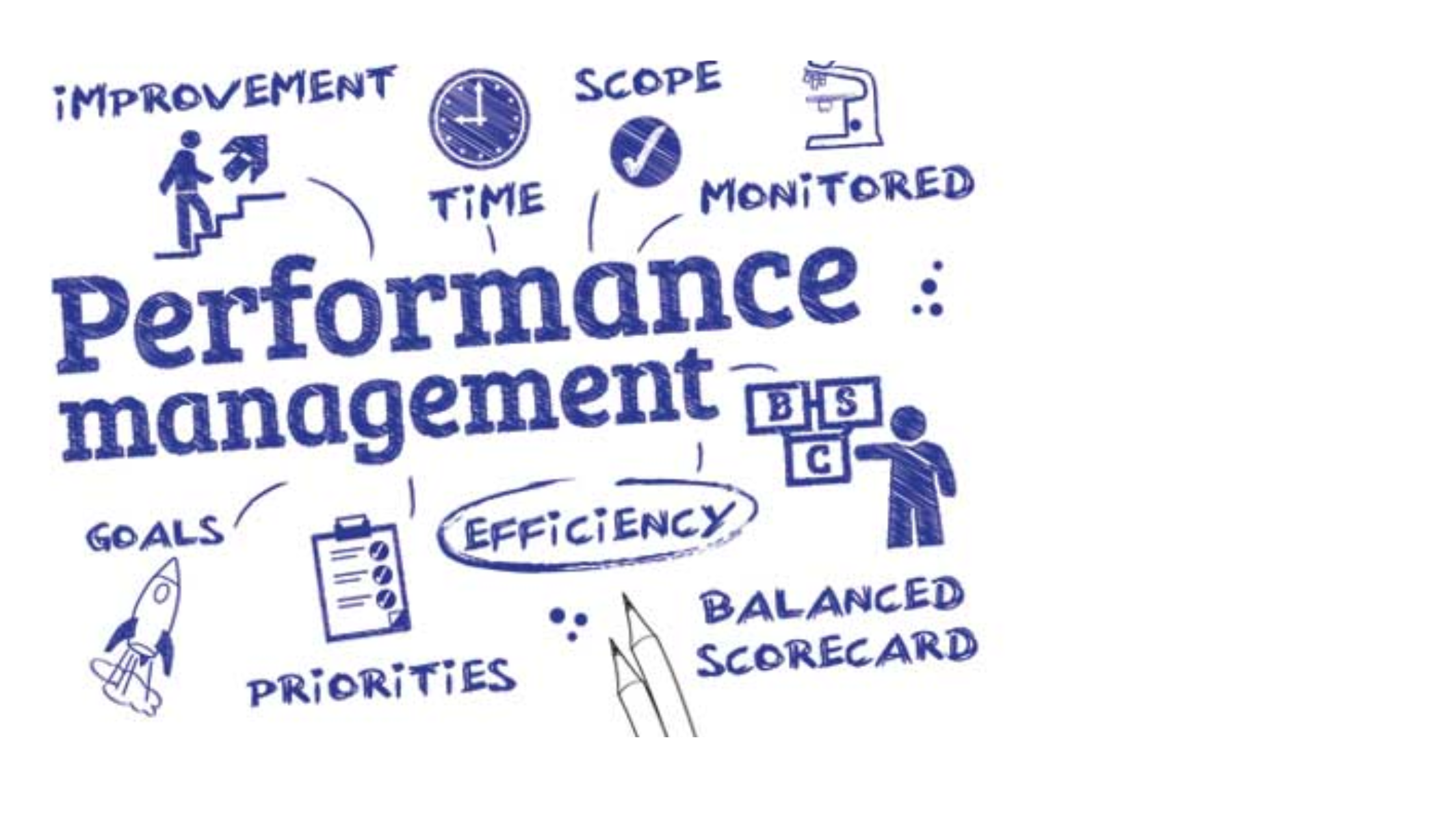Performance management of employees in business
Performance management is a comprehensive practice of ensuring that employees are meeting the goals of the organisation in an effective way. It is the ongoing process of communication between the managers and employees in to accomplish the objectives of the organisation. The purpose of managing employee performance is to evaluate that employees are given resources, that they need to work on and be encouraged and motivated to perform to the great extent.
What are the major components in managing employee performance?
Performance management comes with performance appraisal, employee evaluation Metrics, appraisal system and KPI management as well. It helps to increase employee morale, define their career paths of them and also improve employee retention in an organization. Employees are the greatest asset of any organization. So if you want to do your business you should evaluate the performances of employees and make them trained to perform well and meet the strategic objectives of your business.
3 common methods of staff evaluation
It is very important for a company to evaluate the work performance of the employees and provide them feedback to bring them on track and enhance their consistency in performance. Hence some common methods are discussed below that are the cutting-edge strategies of any business.
360-degree appraisal method
The 360-degree appraisal comes with giving anonymous feedback to employees from their peers, colleagues, subordinates and managers. It is a very effective assessment to evaluate the technical skills, character and leadership traits of an employee. It also helps to increase employee relationships and boost employee morale which improves star retention and engagement of them in the organisation.
Self-evaluation
Self evaluation is taken into consideration to analyse the performance that allows an individual to evaluate his own capabilities to perform well. Self-evaluation is a self-assessment test where the employees can get the opportunity to assess their own abilities to meet the strategic goals and deal with challenges. Identifying weaker areas Can help an employee to seek guidance from a supervisor while working on himself.
Performance management tools
When it comes to performance management of the employees, performance management tools are essential in terms of analysing the performance of an individual, team and organisation. Some performance management tools are Leapsome, Track star, Inspire, Kazoo, and IntelliHR. These tools come to the same in terms of conducting employee engagement services, analysing employee performances and offering meeting management and performance analytics as well. Performance analytics gives real-time data with features like regular check-ins, and feedback goals that help to identify poor performers who need further improvements.
Conclusion
If you want to expand your business operations, you should have clarity on whether the employees meet your expectations or not. Performance management gives insights about under-performers who require extra support from their supervisors. Before incorporating performance management you need to keep in mind that the evolution process should be based on performance metrics, not on performer opinions. Performance Matrix will help you to get real-time data about the needs of the employees and their performances that can make an integrated culture within an organisation



leave your comment